

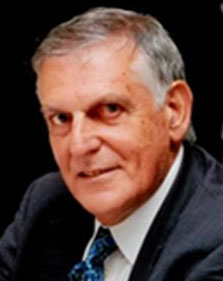
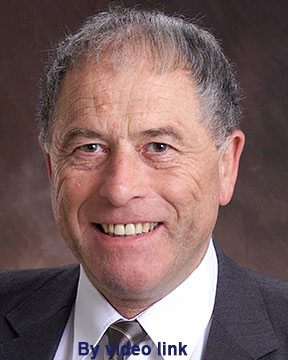
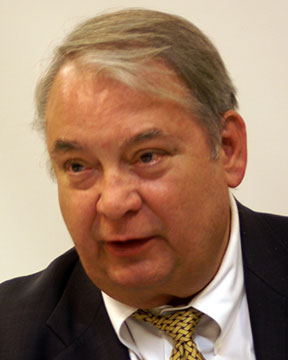
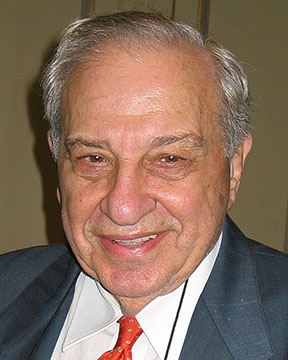
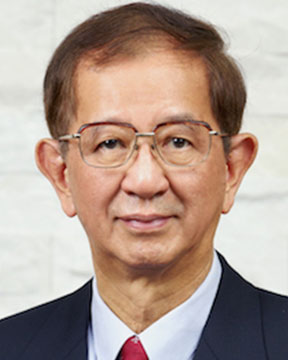
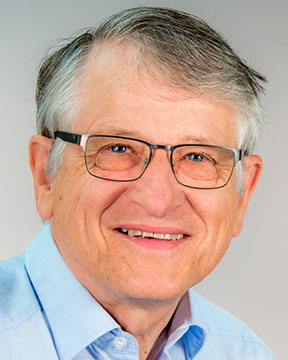
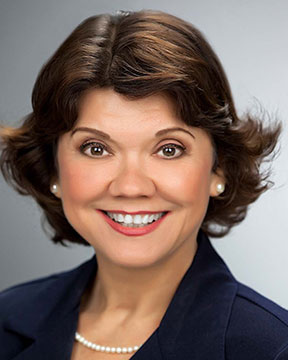
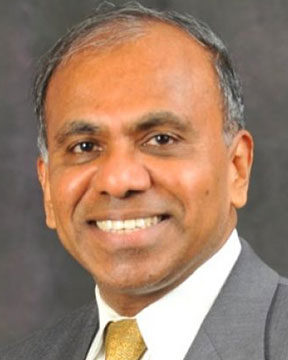




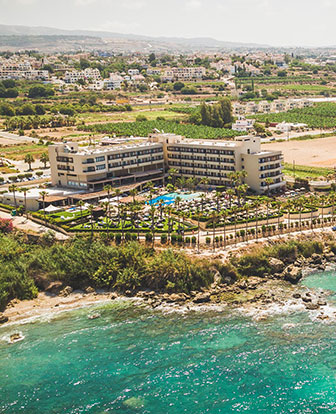

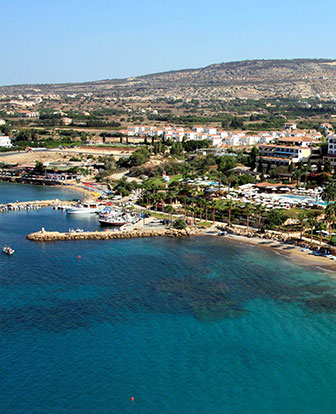
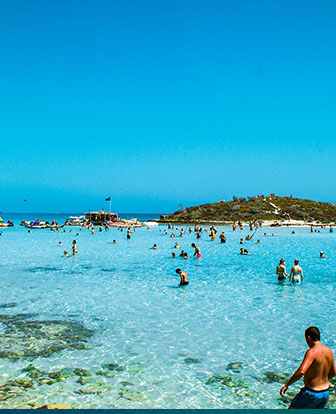
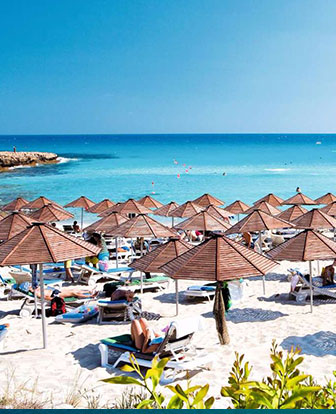
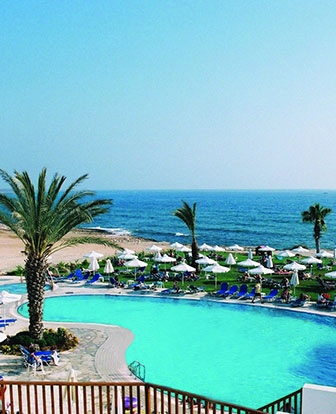
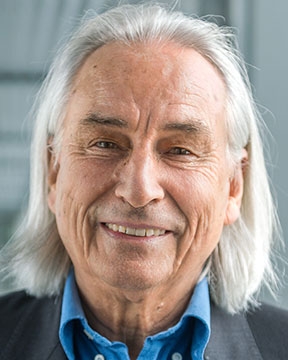 |
Alois LoidlInstitute of Physics, University of AugsburgBroadband Dielectric Spectroscopy On Supercooled Liquids And Ion Conductors Angell International Symposium on Molten Salt, Ionic & Glass-forming Liquids: Processing and Sustainability (7th Intl. Symp. on Molten Salt, Ionic & Glass-forming Liquids: Processing and Sustainability). Back to Plenary Lectures » |
Abstract:We shall review results of broadband dielectric spectroscopy on supercooled liquids and ion conductors. Our review will cover more than 15 decades of frequency ranging from millihertz to terahertz and in a wide range of temperatures from the low-viscosity liquid to rigid sub-Tg glass [1]. The access to this extremely broad frequency window allows a detailed study of the complexity of glassy freezing and of the ionic and/or molecular dynamics in a large variety of materials. This includes ionic conductors and plastic crystals. Dielectric spectroscopy not only documents the enormous slowing down of the structural relaxation when approaching the glass transition, but also reveals a variety of further dynamic processes. These processes are important to understand the physics of the transition from a supercooled liquid into a rigid glass. We exemplify the phenomenology of glassy dynamics as revealed by these broadband spectra: the structural relaxation, the Johari-Goldstein relaxation, the appearance of a fast process as proposed by the mode-coupling theory, and the boson peak, a well-defined feature in the dielectric loss at THz frequencies. We also will mention the importance of non-linear dielectric spectroscopy to unravel the mystery of the glass transition [2], the significance of sub-Tg experiments like ageing, or the search for fingerprints of the Gardner transition [3]. Finally, we will focus on the charge dynamics in new classes of ionic conductors, like ionic liquids [4], deep eutectic solvents [5], or plastic crystals [6]. Compared to conventional electrolytes, plastic crystals are considered superior concerning ease of preparation, low cost, sustainability, and biocompatibility. Finding better electrolytes is of prime importance for further development of energy-storage and energy-conversion devices like batteries, fuel cells, and super-capacitors. Thus, these devices are a key factor for ensuring the sustainable energy supply of tomorrow. Dielectric spectroscopy is an ideal tool to study the ionic charge transport in these materials and its correlation to their glassy freezing, and to the reorientational dynamics of molecular entities. References:References: |
|